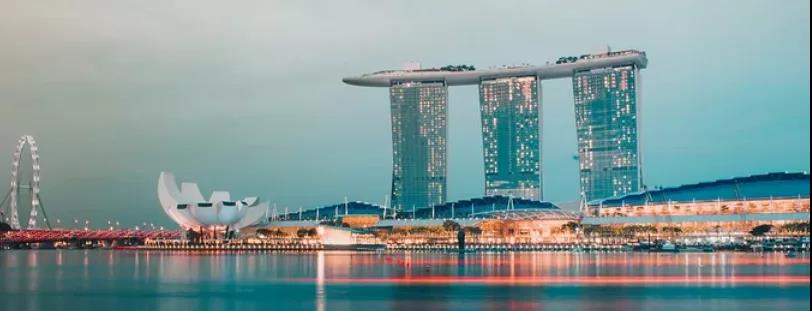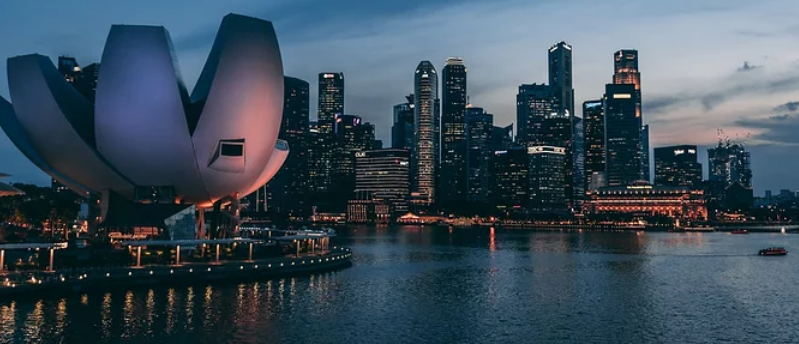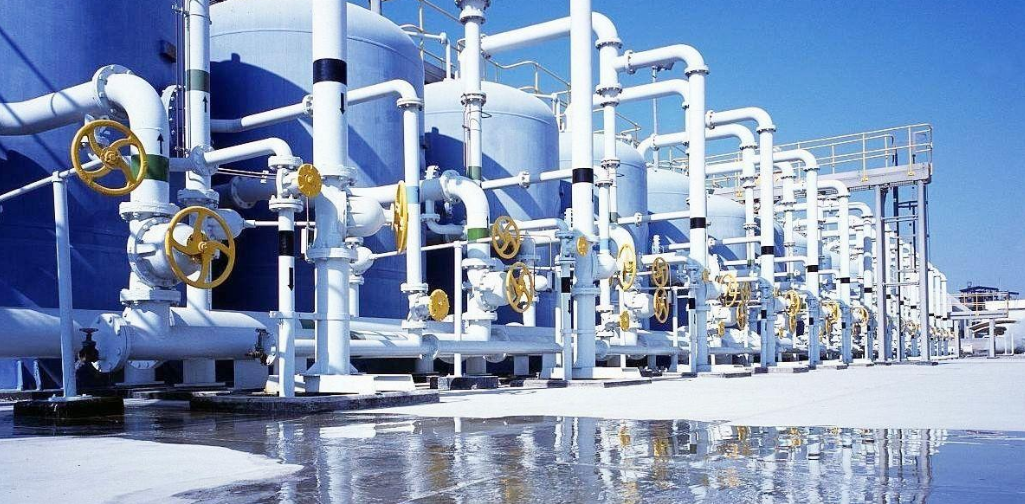Survival in dilemma, see what Singapore did
2021-04-22
除了以色列,还有一个小国也是水经济的强国,这个国家就是新加坡。
In addition to Israel, there is another small country has strong water economy, Singapore.说是小国,一点没冤枉它,因为新加坡国土面积只有724.4平方公里(实在太小,连小数点后面的都不忍心舍掉不计)。我曾经在之前文章中说以色列是小国家(从“贫水国”到水经济强国的逆袭之路),但是你可知以色列的国土面积有25740平方公里,新加坡连以色列的零头都不到。尽管以色列有60%国土都是沙漠,但是以色列只有900万人口,而新加坡有570万人口,且人口还在不停增长,从自然资源的角度来说,新加坡人民的生存压力不可谓不大。It's not wrong to say that it's a small country, because Singapore's land area is only 724.4 square kilometers(It's too small to forget the number after decimal point). I mentioned in my previous article that Israel is a small country, but as you may know, Israel covers an area of 25,740 square kilometers, the territory of Singapore is less than 3% of that of Israel. Although 60% of Israel's land is desert, Israel has a population of only 9 million, while Singapore has a population of 5.7 million, and the population of Singapore is still growing fast. You can imagine how big the living pressure of the Singaporean.新加坡作为一个岛国,虽然四面环海,却几乎没有天然水资源可言(直到2005年,淡化海水才成为新加坡四大水源之一)。半个世纪前新加坡刚刚脱离马来西亚独立,需要面对的首先就是马来西亚的水资源威胁,另外还有露天的污水、干涸的水龙头以及如何配给干净的饮用水等问题。而如今,困境中求生存的新加坡,已经逆袭成为水资源管理和技术的全球领导者,甚至每年通过举办各种以水为主题的会议等活动对外传授水资源利用之道。As an island country, Singapore is surrounded by sea, but it has almost no natural water resources(until 2005, desalination water became one of the four major water sources in Singapore). Half a century ago, Singapore just became independent from Malaysia. The first problem that Singapore needs to face is the threat of water resources from Malaysia. In addition, sewage everywhere, dry taps and how to distribute clean drinking water,these are urgent issues. However, Singapore has become a global leader in water resources management and technology today. It even teaches the world how to use water resources by holding various water themed conferences and other activities every year.新加坡的基本思路也是如此,但国情不同,相比以色列,新加坡的四招也稍有不同。For countries that lack of water resources, it seems inevitable to increase sources and reduce expenditure.Singapore's basic thinking is the same as Israel, but a little different in measures.At present, the four major water sources in Singapore are:2. Desalination water(25%)“新生水”是新加坡公共事业局(PUB)为再生水打出的品牌名称,通过先进的膜技术和紫外线消毒技术对废水进一步净化处理而生产出来,水质高出世界卫生组织制定的饮用水标准50倍!“新生水”的水质是新加坡引以为傲的科技成果,由于超级无敌干净,它甚至成为了高科技工业用水的最佳选择。NEWater is the brand name of Singapore Public Utilities Bureau (PUB) for reclaimed water. It is produced by further purification and treatment of wastewater through advanced membrane technology and ultraviolet disinfection technology. The water quality is 50 times higher than the drinking water standard set by the World Health Organization! The quality of NEWater is a technological achievement that Singapore is proud of. Because it is super clean, it has even become the best choice for Hi-tech industrial water.虽然新加坡拥有全世界领先的海水淡化技术,也拥有全亚洲最大的海水淡化厂,但受限于国土面积,无法大量的建立大型海水淡化工厂,所以淡化海水在新加坡供水体系中的占比远低于以色列。不过新加坡将其海水淡化技术出口,已经成为了一项重要的经济来源。Although Singapore has the world's leading desalination technology and the largest desalination plant in Asia, it is limited by land area to build lots of large-scale desalination plants. Therefore, the proportion of desalinated seawater in Singapore's water supply system is far lower than that of Israel. However, Singapore’s desalination technology has become an important source of export revenue..对新加坡人来说,任何一滴来自自然的水都是宝贵的。通过在下水道、运河、河流和雨水收集池内安装雨水径流收集系统,新加坡在多雨季节收集了大量的降水。新加坡市三分之二的土地是集水区,雨水收集并储存在岛上的17个水库中。For Singaporeans, any drop of water from nature is precious. By installing rainwater runoff collection systems in sewers, canals, rivers and rainwater collection ponds, Singapore has collected a large amount of precipitation during rainy seasons. Two thirds of Singapore's land is a catchment area where rainwater is collected and stored in 17 reservoirs on the island.即便有以上几种措施,新加坡还没有完全的实现供水自给自足。所以新加坡每年还需从马来西亚进口大量的淡水资源,但新加坡与马来西亚之间的供水协议将在2061年到期,留给新加坡的时间只有40年了。Even with the above measures, Singapore has not yet fully achieved self-sufficiency in water supply.So Singapore still needs to import a lot of fresh water resources from Malaysia every year. However, the water supply agreement between Singapore and Malaysia will expire in 2061, leaving only 40 years for Singapore.





